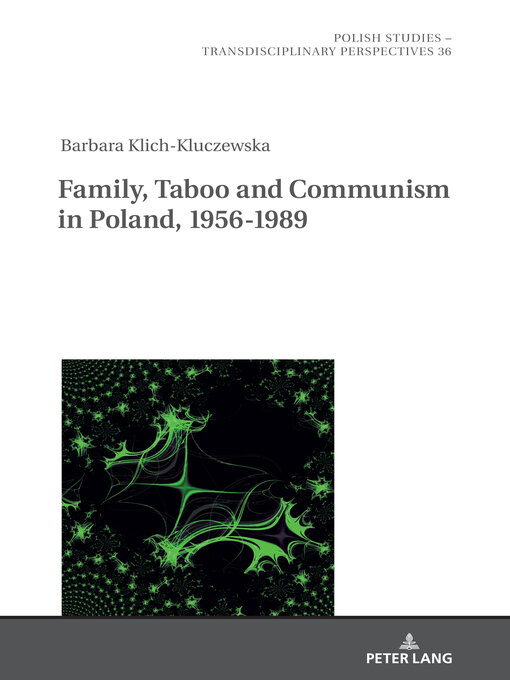The book answers fundamental questions about the processes of social negotiation of mentality shifts in communist Poland. Taking divorce, single motherhood, domestic violence and abortion as examples, it analyzes the level of acceptance toward tabus grounded in tradition, and the course of negotiating new meanings and using social exclusion when dealing with new phenomena. The author uses not only national documents, but also ego-documents and cultural texts to prove the macrosocietal dictatorship in the years 1956-1989 contributed not to the revolutionization of society at the family level, but to its perpetuation. The family references made by the communist authorities, especially in the last two decades of their regime, can be treated as one of the factors legitimizing the system.
- British Science Fiction Association awards
- Book of the Year
- International Booker Prize
- 2025 Women's Prize for Nonfiction
- The Arthur C. Clarke Award
- Uplifting Reads to Kickstart Your Year
- Bestsellers of 2024
- Nero Book Awards
- Great Reads from Around the World
- THE POLARI PRIZE
- World Poetry Day
- International Women's Day
- Business Book of the Year 2024
- See all ebooks collections
- World Cancer Day
- International Day of Women and Girls in Science
- Magazines
- World Photography Day
- See all magazines collections
